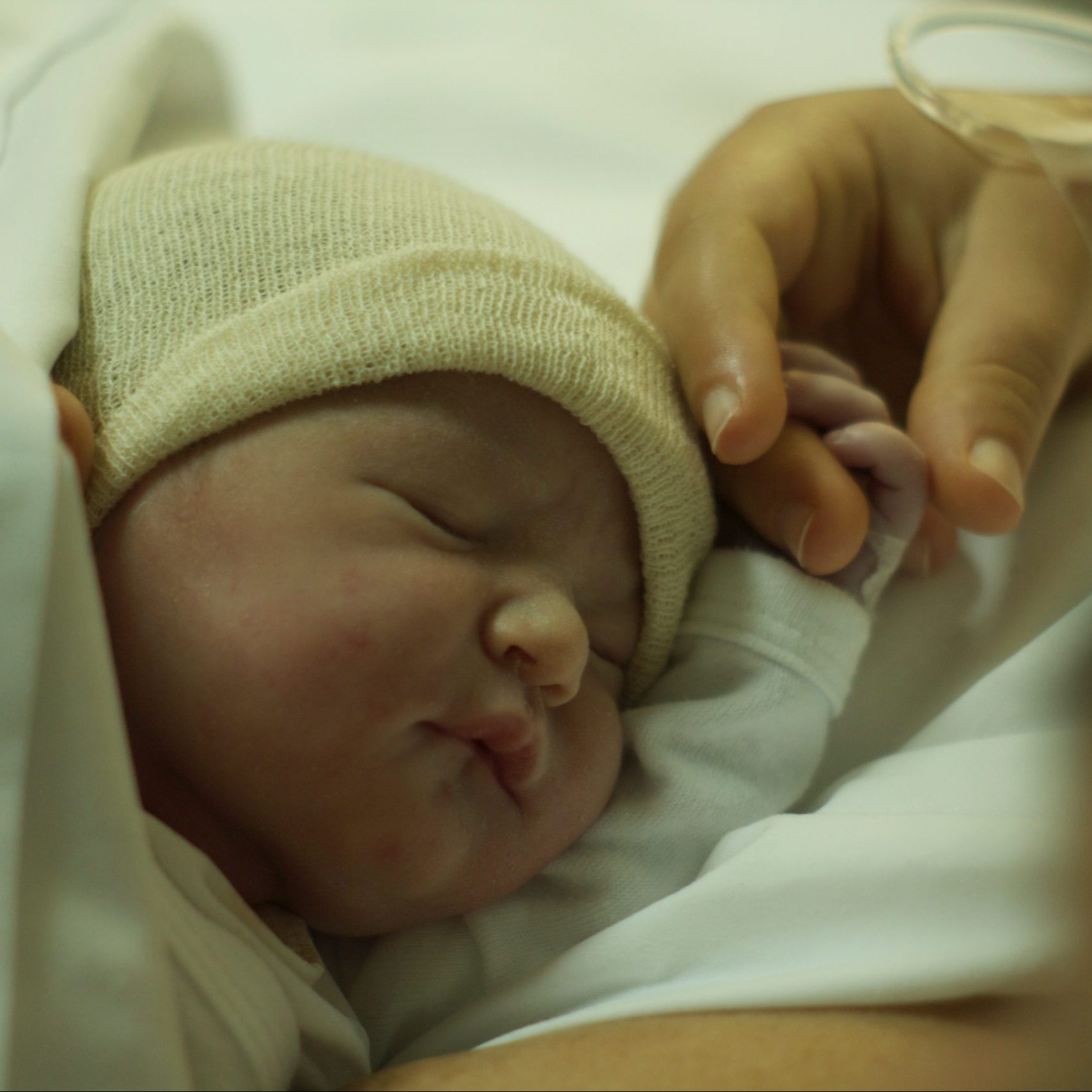
Are you suffering from postnatal depression?
by Paula Bendon, Counsellor, CBT and Clinical Hypnotherapist
Postnatal depression (PND) affects many new mums, it is estimated that at least one in ten new mothers’ suffer from PND. Many mothers suffer alone and feel afraid to even tell their partner and many don’t even realise they have it at all and slowly suffer in silence. It can be a very distressing and confusing time, not the moment of joy you were looking forward to throughout your pregnancy and it goes against all the happy and idyllic images portrayed in the media.
Everyone expects you to be blissfully happy, so you cover up your feelings of despair and hopelessness and this often makes the feelings worse, suppressed and you put on a brave face.
What is postnatal depression (PND)?
It is a form of depression that starts from between one month and several months from giving birth. It is not ‘baby blues’, which many mum’s experience that usually happens a few days after the birth with common symptoms of crying and feeling sad for a few hours or a couple of days. Research shows that over half of all women who give birth describe their first feeling towards the baby as ‘indifferent’. The bonding process grows as the mother recovers and the baby is well and is here to stay.
Common symptoms
• Unable to bond, connect and nurture with new baby.
• Low, tired, lethargic, numb, hopelessness and unable to face the world, nothing is enjoyable. • Feeling inadequate or unable to cope and being unusually irritable.
• Feeling guilty, ashamed and angry. Wanting to cry and withdraw all the time.
• Comfort eating or not eating at all. Unable to sleep or sleeping too much.
• Overwhelming feelings of anxiety, depression and panic that are uncontrollable.
• Suicidal thoughts.
Counselling for postnatal depression?
If you feel you may have PND it is better to share this concern with helpful and supportive people, friends, family and your GP. It’s also useful to seek professional help form a counsellor/psychologist. It can be very helpful, safe, confidential and personal way to start to look at ways to overcome your postnatal depression, with a therapist who understands PND.
How counselling works
• Understanding how your emotions works after having a baby and why you don’t feel joy but depression.
• Fears and worries and self expectations linked to having a baby and learning to cope and love being a mother you deserve to be.
• Understanding the critical parent, and what is a ‘good enough mother’. Move from a ‘nice parent to a compassionate parent’. Using mindfulness and compassionate psychology
• Understanding hopelessness, anxiety, depression and irritability after having a baby.
• Understanding our hormones, nervous system and learning to be kind, soothing and compassionate to ourselves.
• Understand how you are feeling and how your baby and partner are feeling.
• Then ‘pulling it all together’ using counselling, mindfulness and self-compassion.
• Start bonding with your baby and enjoy the joys of motherhood.
Photo by Mariano Rivas on Unsplash

Write a Comment